Happy Independence Day!
Like any celebration, America’s Birthday is best enjoyed with great people, energetic parties, and—of course—to-die-for food. Indeed, no party is truly complete without a stellar menu that explores creative solutions to tickle peoples’ taste buds. And perhaps nothing epitomizes the good old U.S. of A. better than hamburgers, hot dogs, baked beans, and home cooked apple pie. Food is always a reflection of culture, and these morsels are iconic staples that shape and define American identity.
What happens, however, when one does not enjoy the very food that defines America?
As a vegetarian, I am a prime example of an American who faces a decidedly un-American dilemma: I don’t eat meat. In other words, I consciously choose not to consume much of which defines and epitomizes the bedrock of American cuisine. Does this make me a bad American, particularly on days like today where I am expected to partake in the barbecue phenomenon that has quickly grown synonymous with Independence Day?
I don’t think so.
Can one still partake in time-honored American traditions while consciously electing to change things up?
Of course.
America is a country founded on the ideals of promise and opportunity. So why not pursue your passions, think outside the box, and create your own adventure? Yes, food is a reflection of culture, but culture is an inherently diverse, ever-changing entity that directly reflects and stems from the people it is meant to define. Tradition is honored, timeworn, and revered, but who’s to say traditions cannot be reimagined and expanded upon? Certainly the land of the free and the home of the brave would not look kindly on such stagnancy and lack of ingenuity: Something must be done to account for the patriotic vegetarians eager to partake in 4th of July celebrations occurring from sea to shining sea!
In response to this dire problem that plagues patriots from New York to LA, I propose four alternatives for redefining the possibility and scope of celebratory American cuisine. Let’s rethink the following iconic staples: Hot dogs, corn, watermelon, and s’mores.
1. Hot Dogs: No 4th of July celebration is complete without wieners and brats. However, this poses a definite dilemma for the non-meat-eaters amongst us. What if I told you there was a solution to this awkward conundrum? There are, in fact, myriad faux-meat solutions that allow vegetarians and vegans alike to partake in typical grilling pastimes. Recently, I have been particularly hooked on vegetarian sausages—such as these from Field Roast Grain Meat Co[1].—that give the illusion of meat while still appropriately satisfying my desire to consume “traditional” American cuisine[2].
2. Corn: I know what you’re thinking… But Katie, corn is not meat: You can eat that! Yes, corn qualifies as a clear non-meat competitor at traditional summer barbeques, but that doesn’t mean we can’t rethink our approach to this prairie staple! As a true fan of all things corn, I particularly enjoy experimenting with flavor profiles to discover just how many different places this seemingly simple vegetable can take my taste buds. I especially enjoy these recipes from Joanna Gaines’ seasonal publication, The Magnolia Journal, that investigate three different approaches to making corn shine as a feature of your grilling endeavors. Looking for something savory? Pursue the “Cotija Serrano Butter” variety! Eager to spice it up? Look no further than Joanna’s Cajun Butter seasoning! Hungry to sweeten your veggies? Spread Gaines’ “Honey Nut Butter” recipe atop your golden ear and you will be…well…golden! Regardless of your preference, experiment with something new, and I promise you won’t be disappointed.
3. Watermelon: Ahh! A refreshing American staple. Who doesn’t love a bowl of cool, crisp red watermelon on a hot summer afternoon? While watermelon is invigorating enough on its own, why not add a few additional ingredients into the mix in pursuit of thirst-quenching perfection? I’m particularly fond of this recipe from “Skinnytaste” that pairs watermelon with feta, mint, and balsamic glaze to create pseudo-pizzas perfect for snacks, dessert, and parties alike: Yum!
https://www.skinnytaste.com/watermelon-feta-and-balsamic-pizzas/
4. S’mores: S’mores combine three ingredients in a recipe so simple they can easily be fortified over a natural open flame. If that isn’t American ingenuity at its finest, I don’t know what is. But what if you don’t have easy access to a roaring bonfire? Are your s’mores dreams forever dashed? Never! Why not try grilling your delicious bites of Americana? Simply heat up your grill, prep the s’mores as usual (marshmallow and chocolate bookended by two delicious pieces of golden graham cracker), line your dessert sandwiches on tin foil, relocate to the grill, and cook for three to five minutes (or until your marshmallow has been sufficiently burnt to your liking). Serve immediately and enjoy!
Inspired? Head to your local grocery store, fire up your grill, and let’s get cooking!
While queuing up your America-themed Spotify grill playlist, it is impossible to ignore famous patriotic anthems such as “The Star Spangled Banner” and “America the Beautiful.” However, perhaps it is only fitting for us to consider other less popular patriotic ditties such as “Yankee Doodle” as we embark upon our red, white, and blue foodie pursuits.
Indeed, one need look no further than “Yankee Doodle” in order to properly honor America’s Birthday:
Yankee Doodle went to town
Riding on a pony
Stuck a feather in his cap
And called it macaroni.
I’m sorry…what?
While these lyrics are certainly ambiguous, I appreciate the seeming randomness of this sentiment: Yankee Doodle plucked a feather, placed it in his hat, and decided, “Ah! Yes! Of course: This must be macaroni!” Um…Okay? Is anyone else a little worried about Yankee Doodle?
A bit of historical context is required to truly understand and appreciate our song hero’s apparent noodle-loving propensity. First off, “Yankee Doodle Dandy” is not intended as a positive moniker. “Yankee” is a derogatory term used to describe Americans as a whole or single out Americans from the Northern States. Any Brit back in Yankee Doodle Dandy’s time using the word “Yankee” likely did so with contempt, disdain, and derision. Similarly, the word “doodle” is synonymous with “fool” or “simpleton” and is thus meant to evoke imprudence and lack of refinement. Lastly, a “dandy” is a man with an undying devotion to style, neatness and fashion in both dress and appearance. Dandies are often considered particularly flamboyant and conspicuous, and the term evokes an individual’s desire or even need to appear refined and put together…perhaps even when that isn’t the case. Combine the various pieces of this equation, and we are left with a foolish American who is trying (unsuccessfully) to appear cultured, elevated, and sophisticated, much like, say—I don’t know—a certain British counterpart. Indeed, British soldiers initially sung this song in mockery of the outwardly gruff, unrefined Americans they fought alongside during the French and Indian War. From the British perspective, Yankee Doodle Dandy should stop trying to make “fetch” happen because he simply was not born refined, and, in his state of perpetual American crudeness, it’s not going to happen.
Burn.
Second, it is critical to understand it was widely considered a rite of passage for wealthy young men in 18th century Britain to complete a “Grand Tour” of Europe with the intention of immersing himself in an abundance of art, history, language, and culture in order to mold himself into the most refined, sophisticated specimen possible. When these young men returned to their homeland they typically brought back tangible reminders of this elevated style, and, as a result, high-fashion clothes, unusual behavioral traits, and exotic culinary tastes—including appreciation for Italian cuisine, such as macaroni—quickly infiltrated mainstream British culture. These men quickly became interchangeable with that which they embodied—a refined appreciation for that which is inherently other—and thus they came to be known as “macaroni.”
Ultimately, then, the lyrics of this popular seemingly patriotic song essentially criticize American “Yankees” and call them out for their lack of refinement for being stupid enough to try to emulate British culture. After all, who else would actually be foolish enough to stick a feather in his hat and think he was posh enough to mirror British class and superiority?
How embarrassing.
Silly Americans.
Despite the actual deprecating origin story behind this popular American ditty, “Yankee Doodle” rapidly gained traction and grew in popularity because the seemingly “unrefined” Americans did not care or take great insult to this seemingly esoteric British dig. In fact, they quickly grew fond of the tune and began singing it themselves, repurposing the song as a bastion of American pride and undeterred spirit. Now “Yankee Doodle” is a staple when it comes to notable American anthems, and its can-do, we-don’t-care-what-you-call-us attitude works as a perfect catalyst for redefining expectations and customs with the entrepreneurial spunk and creativity that define the American spirit.
So this holiday, grill what you want. Experiment with new foods or cook up classic American staples. Forgo the confines of convention, revel in the comfort of the familiar, or embrace the empowering potential of limitless opportunity. Regardless of your path, shirk expectations and unwanted judgments, create your own spunky traditions, and celebrate America by grilling up something you love.
And, while you’re at it, why not call it macaroni?
[1] Love the name: How fitting!
[2] If you can call hot dogs cuisine, that is.

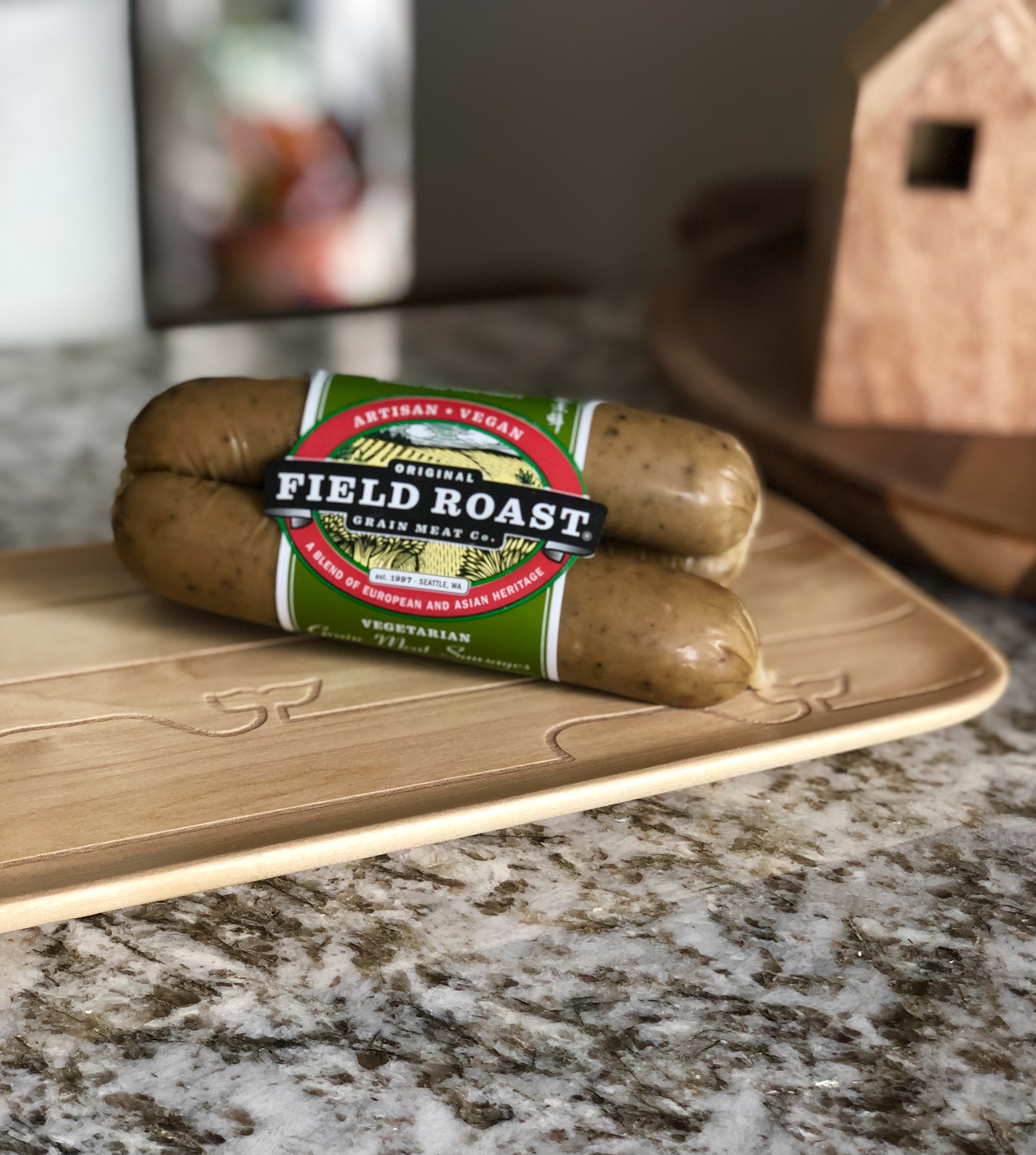
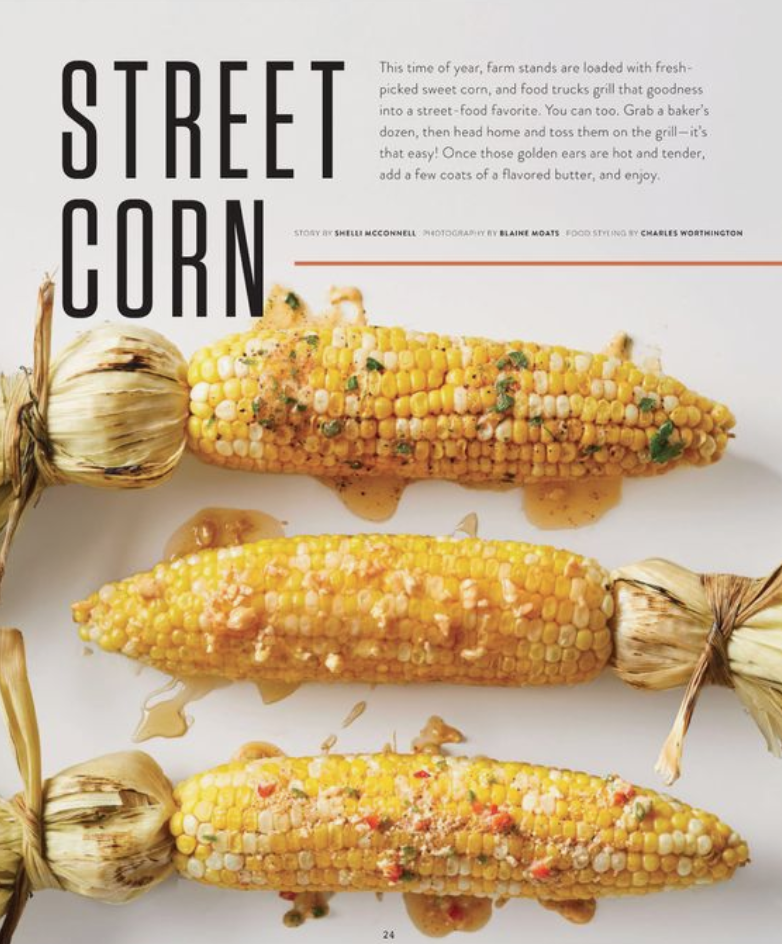
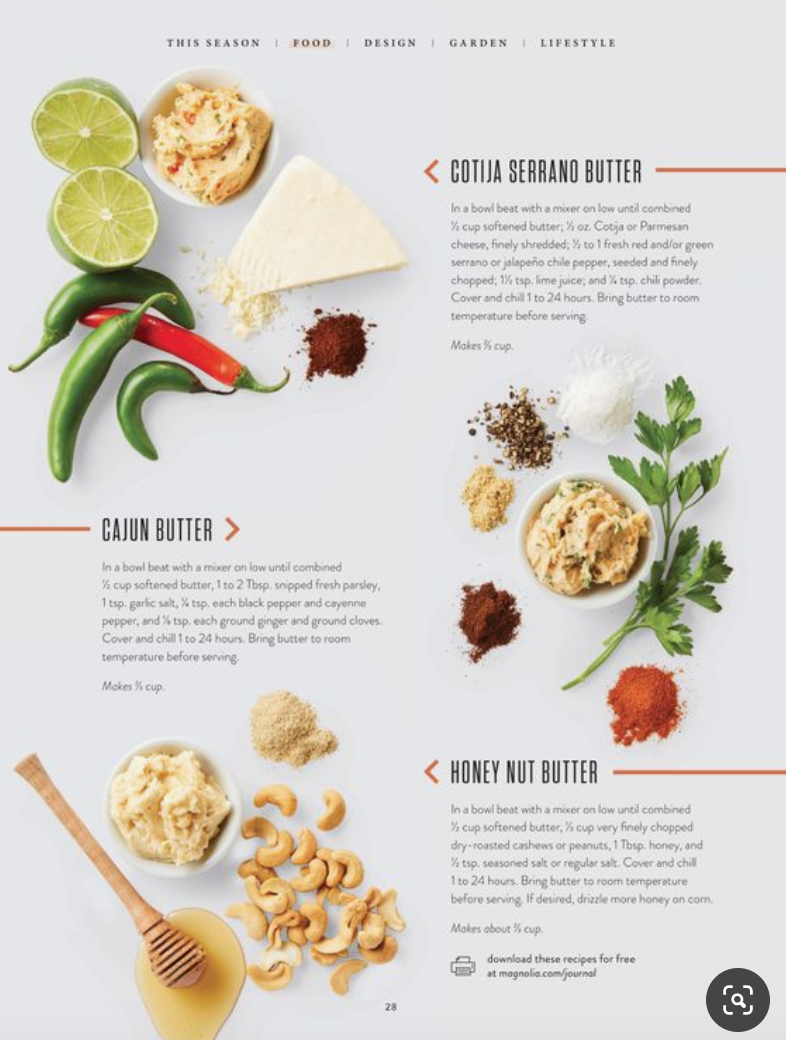
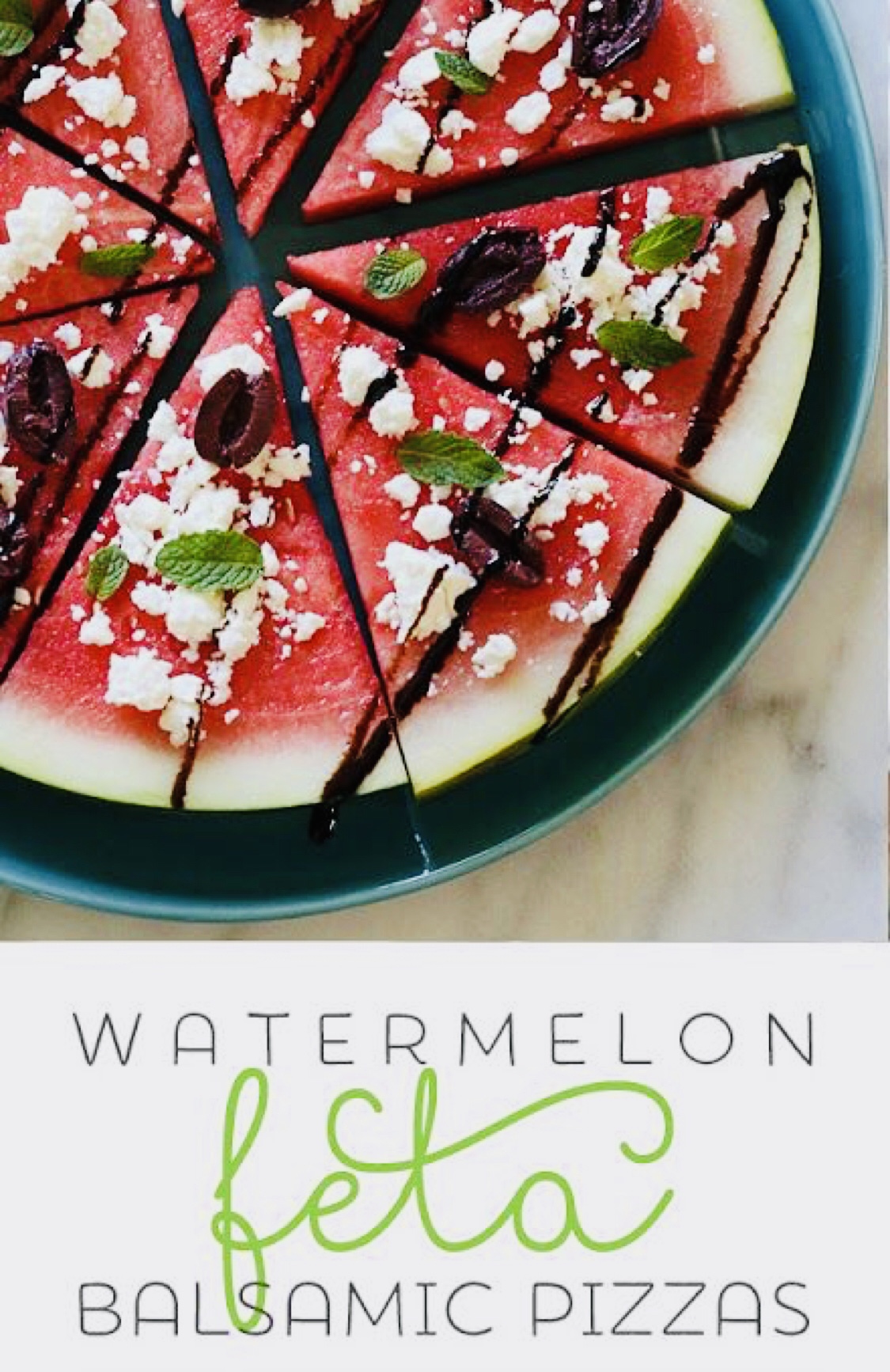
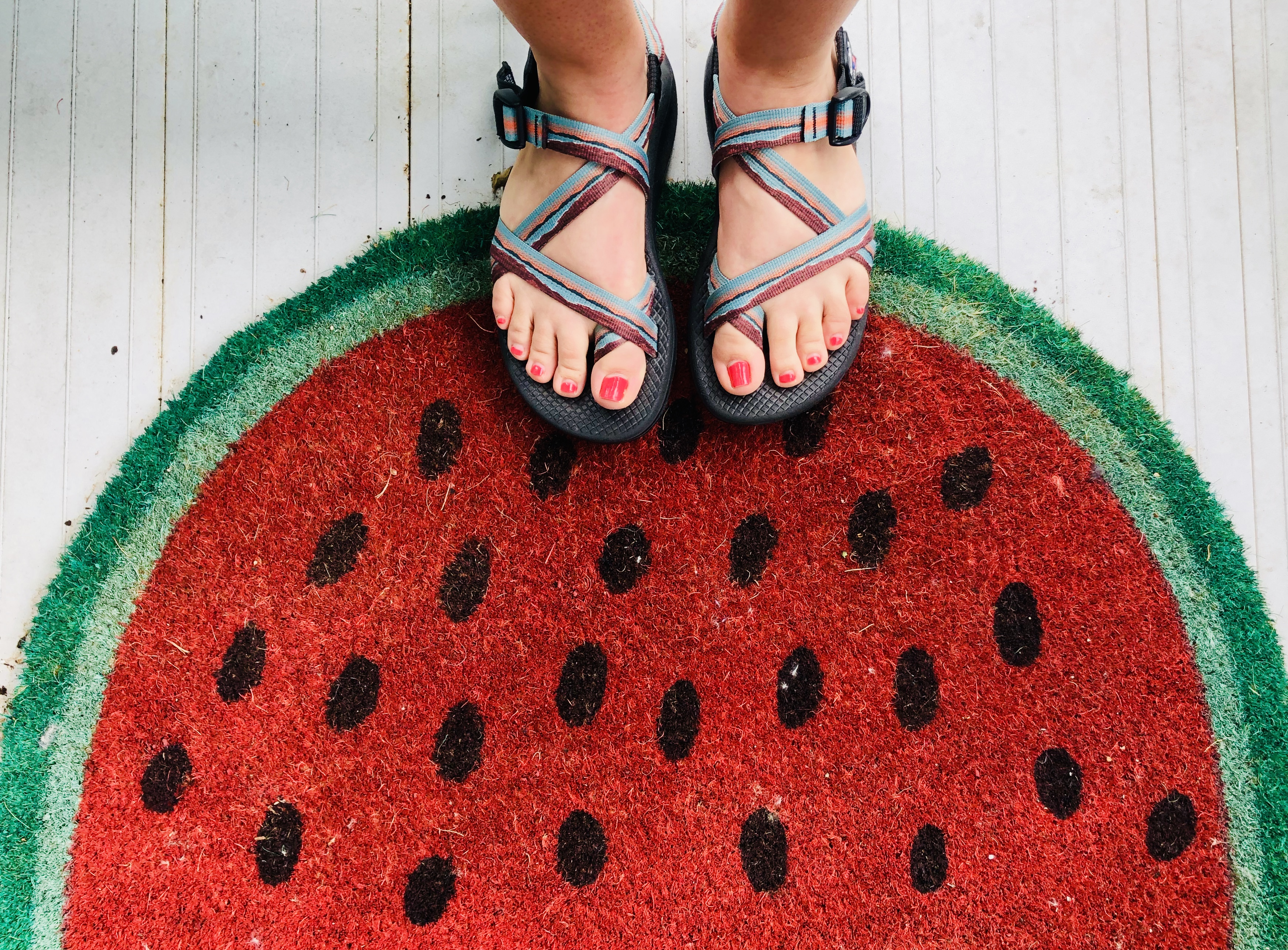
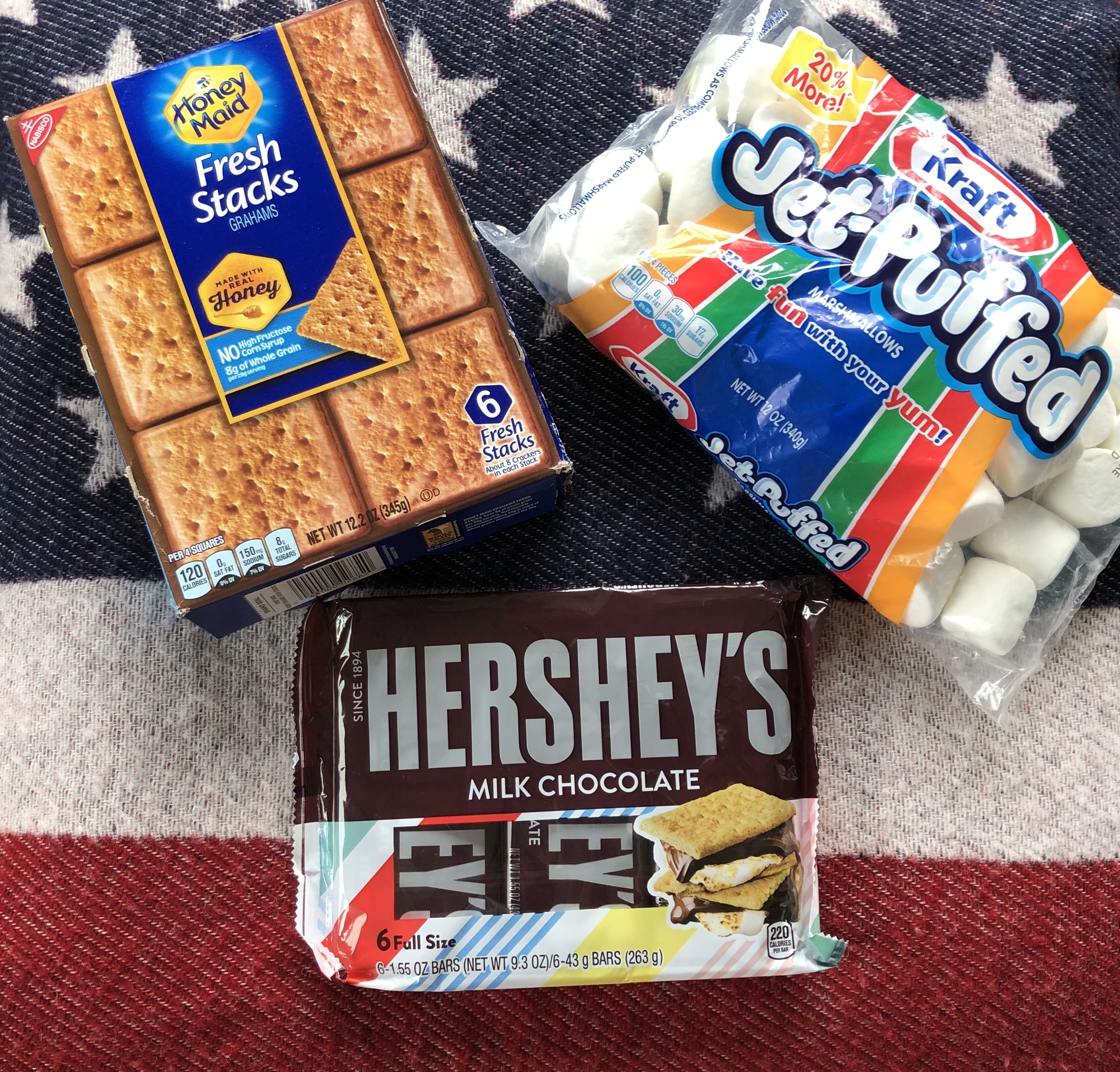
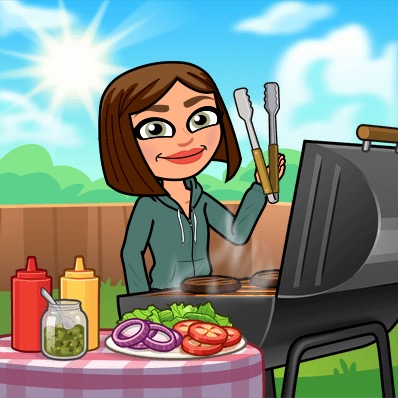



Comments are closed.